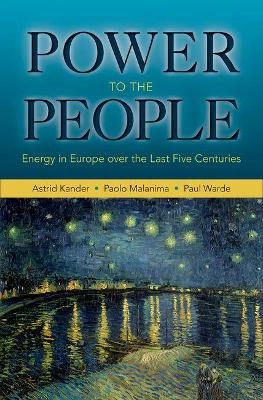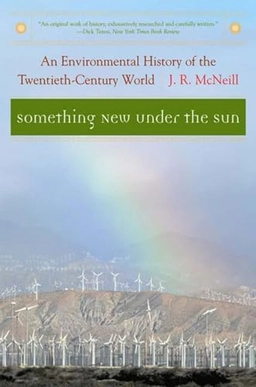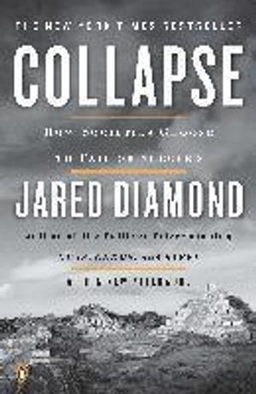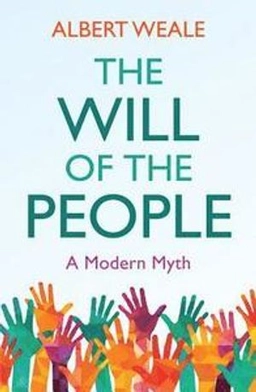

Power to the people : energy in Europe over the last five centuries
- Utgiven: 2013
- ISBN: 9780691143620
- Sidor: 472 st
- Förlag: Princeton University Press
- Format: Inbunden
- Språk: Engelska
Om boken
Åtkomstkoder och digitalt tilläggsmaterial garanteras inte med begagnade böcker
Mer om Power to the people : energy in Europe over the last five centuries (2013)
2013 släpptes boken Power to the people : energy in Europe over the last five centuries skriven av Astrid Kander. Den är skriven på engelska och består av 472 sidor. Förlaget bakom boken är Princeton University Press.
Köp boken Power to the people : energy in Europe over the last five centuries på Studentapan och spara uppåt 21% jämfört med lägsta nypris hos bokhandeln.
Referera till Power to the people : energy in Europe over the last five centuries
Harvard
Oxford
APA
Vancouver



















